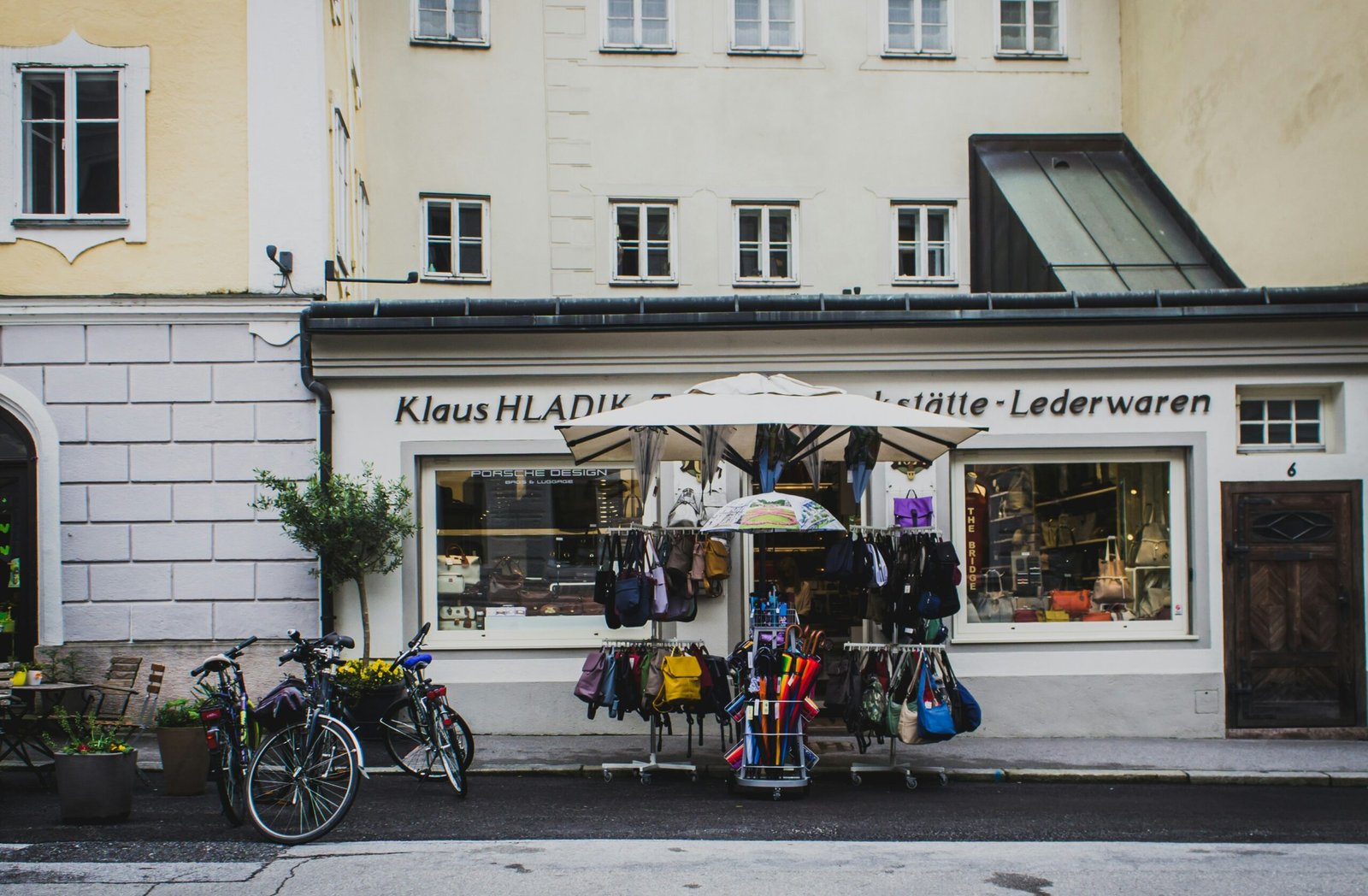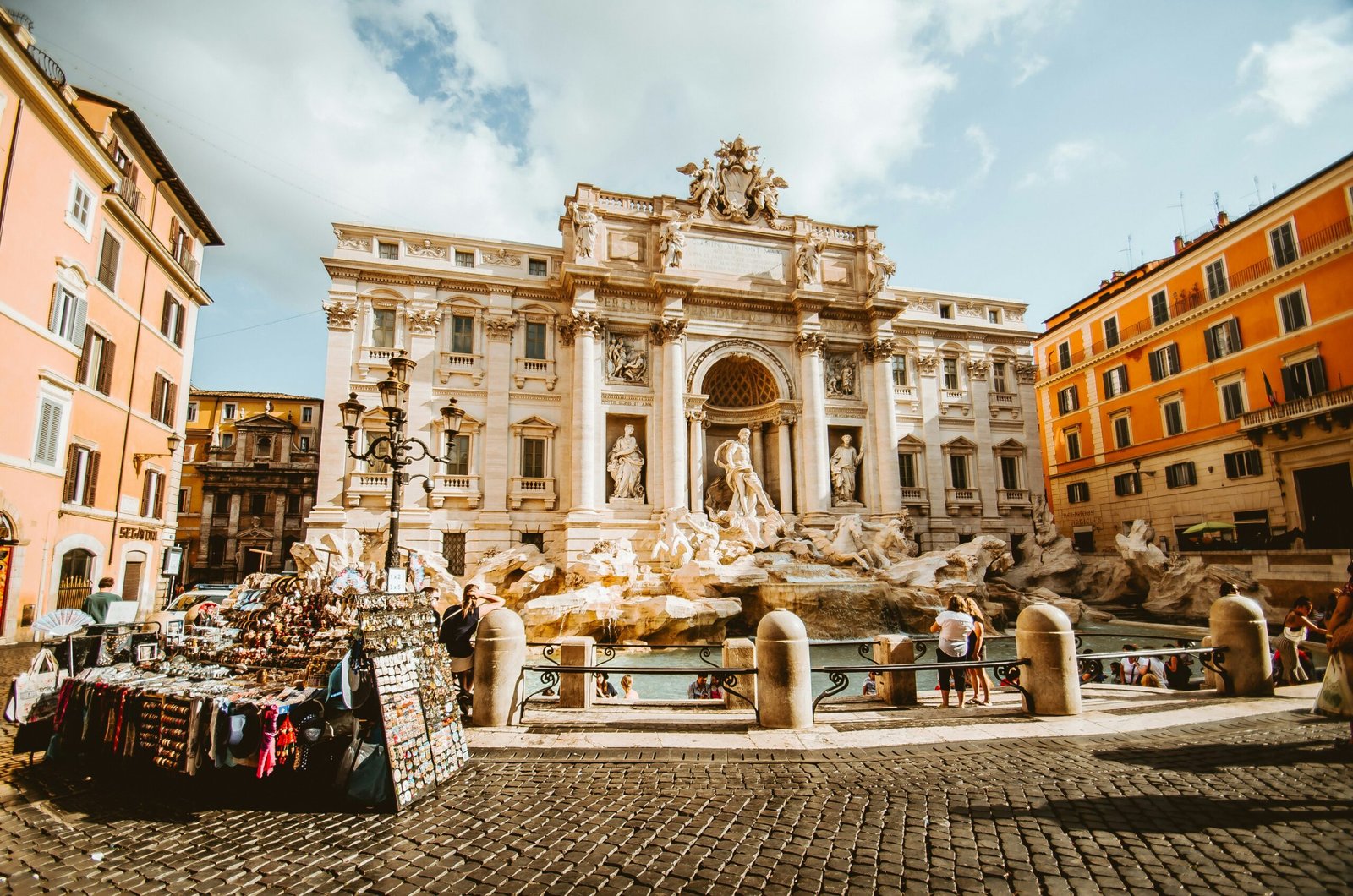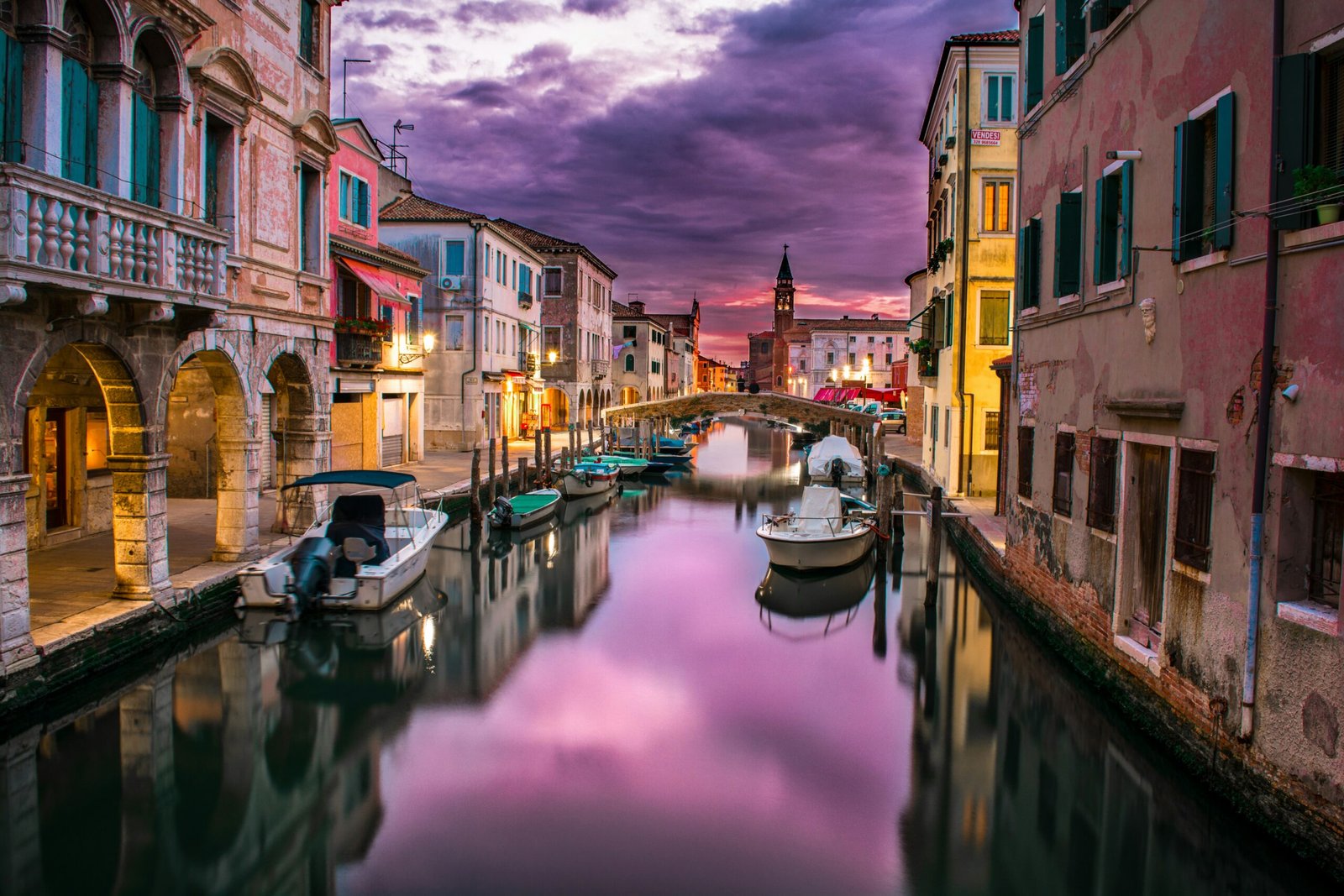One of the best ways to save money while traveling in Europe
Hello! My name is Preet, and I am a full-time traveler who shares my experiences with people through my blog. Today, I want to help you plan your next adventure with a focus on how to travel to Europe on a budget. With the right strategies, you can explore Europe without spending a fortune.
Welcome to Safaryatra.com
Traveling to Europe on a Budget !
1. Plan Your Trip During Off-Peak Seasons

One of the best ways to save money while traveling in Europe is to plan your trip during the off-season. The winter months, particularly from November to January, are considered off-peak. During this time, you will find that flight tickets and hotel bookings are much cheaper.
Why Travel in the Off-Season?
- Lower Prices: Flights and accommodations drop significantly in price, allowing you to stretch your budget further.
- Less Crowded: Popular tourist spots are less crowded, giving you a more enjoyable experience.
- Unique Experiences: Winter in Europe offers a unique charm, with holiday markets and winter festivals adding to the atmosphere.
Benefits of Off-Peak Travel
| Benefit | Description |
|---|---|
| Lower Costs | Prices for flights and hotels are significantly reduced. |
| Fewer Tourists | Popular attractions are less crowded, making visits more enjoyable. |
| Seasonal Events | Experience unique local events like Christmas markets or winter festivals. |
| Better Availability | More options for accommodations and activities. |
2. Book Flights Early

When planning your trip to Europe, make sure to book your flight tickets 3 to 4 months in advance. Booking early helps you secure the best prices. Here are some tips for finding affordable flights:
Tips for Booking Cheap Flights
- Use Flight Comparison Websites: Websites like Skyscanner or Google Flights allow you to compare prices across different airlines.
- Set Price Alerts: Many flight comparison tools let you set alerts to notify you when prices drop.
- Be Flexible with Dates: If you can adjust your travel dates, you might find even better deals.
Flight Booking Checklist
| Task | Details |
|---|---|
| Use comparison websites | Compare prices on Skyscanner, Google Flights. |
| Set alerts | Get notified of price drops for your desired route. |
| Check nearby airports | Sometimes flying into a nearby airport can save you money. |
| Consider layovers | Flights with layovers can be cheaper than direct flights. |
3. Affordable Accommodation Options
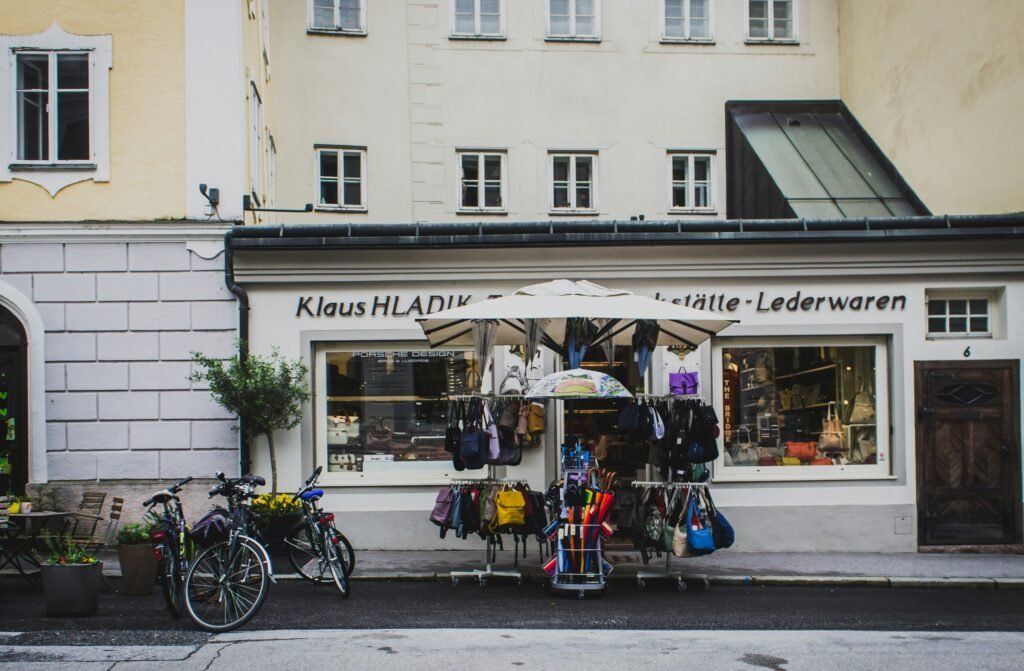
Finding affordable places to stay is crucial when traveling to Europe on a budget. Here are some options:
Airbnb and Budget Hotels
- Airbnb: Renting a room or an entire apartment can often be cheaper than traditional hotels. Plus, you can find places with kitchen facilities to save on meals.
- Hostels: Staying in hostels is a great way to meet other travelers and save money. Many hostels offer kitchen facilities for cooking.
Accommodation Tips
| Type of Accommodation | Pros | Cons |
|---|---|---|
| Airbnb | Often cheaper, kitchen facilities available | Quality can vary |
| Hostels | Social atmosphere, shared kitchens | Shared bathrooms and dormitory-style rooms |
| Budget Hotels | Private rooms, basic amenities | Can be more expensive than hostels |
4. Skip Expensive Tours
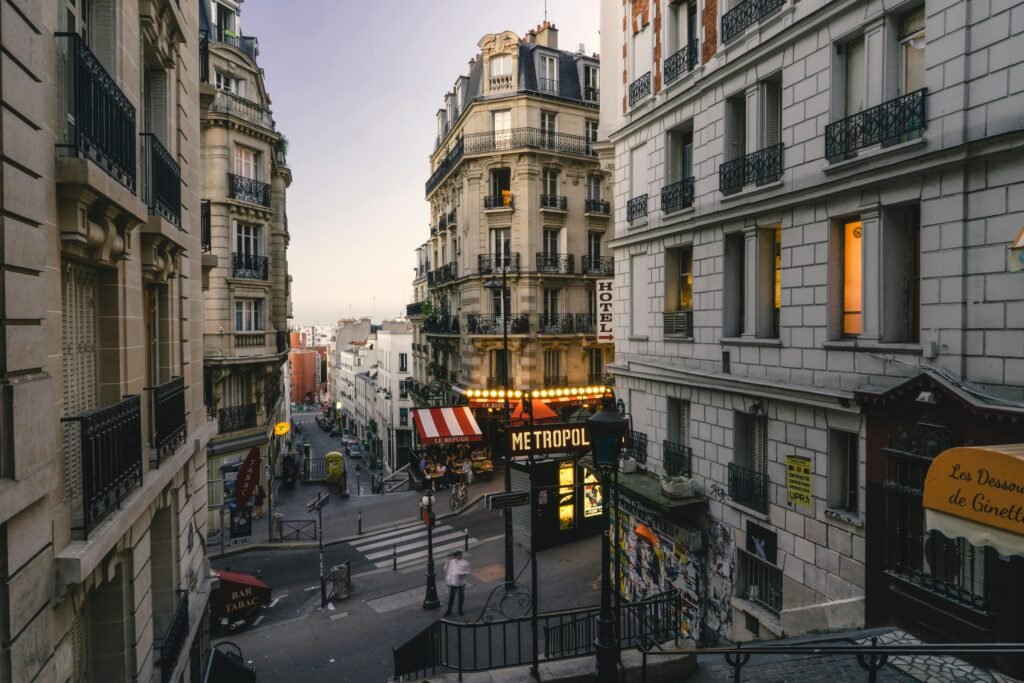
Instead of purchasing expensive tours, consider these cost-effective alternatives:
Walking Tours
- Free Walking Tours: Many cities offer free walking tours led by local guides. You can learn about the city’s history and culture while exploring. Just remember to tip your guide!
Explore Museums and Local Areas
- Museums: Look for museums that offer free entry days or discounted tickets. Many cities have art galleries and historical sites that won’t cost you a dime.
- Public Gardens: Spend time in public parks and gardens. They are beautiful places to relax and are usually free to enter.
Activities Checklist
| Activity | Cost | Description |
|---|---|---|
| Free Walking Tours | Free (Tip the guide) | Explore the city with a knowledgeable guide. |
| Museums | Free or discounted days | Visit local museums and galleries. |
| Public Parks | Free | Relax and enjoy nature in city parks. |
5. Save on Food Costs
Food in Europe can be expensive, but there are ways to enjoy delicious meals without overspending:
Cook Your Own Meals
- Hostel Kitchens: If your accommodation has a kitchen, take advantage of it. Cooking your own meals can save you a lot of money.
- Local Food: Instead of dining in fancy restaurants, try local eateries or street food. You can find delicious meals at a fraction of the price.
Packaged Food Options
- Grocery Stores: Buy packaged food from local grocery stores. Items like pizza, sandwiches, and snacks are often cheaper than dining out.
Food Budgeting Tips
| Food Type | Average Cost | Tips |
|---|---|---|
| Grocery Store Items | $5 – $10 per meal | Buy ingredients to cook in hostels. |
| Street Food | $3 – $7 per meal | Look for local street vendors for cheaper options. |
| Restaurants | $15 – $30 per meal | Avoid tourist areas; eat where locals do. |
6. Use Public Transport
Traveling within cities can be expensive if you rely on taxis or rental cars. Instead, make use of public transportation:
Subways, Metros, and Buses
- Public Transport: Most European cities have efficient subway and bus systems. They are affordable and can take you to major attractions quickly.
Flix Bus Services
- Flix Buses: Flix buses are popular in Europe and offer very cheap prices for travel between cities. This is a great option for getting from one city to another or even between countries.
Transportation Options
| Mode of Transport | Cost | Benefits |
|---|---|---|
| Subway/Metro | $2 – $5 per trip | Fast, efficient, and easy to navigate. |
| Buses | $1 – $3 per trip | Affordable and often cover more areas. |
| Flex Buses | $10 – $30 between cities | Budget-friendly for intercity travel. |
7. Summary
Traveling to Europe on a budget is all about smart planning and making informed choices. By traveling during the off-peak season, booking flights early, and choosing affordable accommodations, you can make your trip enjoyable without overspending.
Recap of Budget Tips
- Plan your trip during the off-season (November to January).
- Book flights 3 to 4 months in advance.
- Use affordable accommodation options like Airbnb and hostels.
- Skip expensive tours; opt for walking tours and free attractions.
- Cook your own meals and explore local food options.
- Use public transportation, including subways, metros, and flex buses.
With these strategies in hand, you are well-equipped to embark on a budget-friendly adventure in Europe. Embrace the experience, enjoy the culture, and make unforgettable memories without breaking the bank!
FAQs
Q1: What is the best time to travel to Europe on a budget?
A1: The best time to travel to Europe on a budget is during the off-peak season, specifically from November to January.
Q2: How can I find cheap flights to Europe?
A2: Book your flights 3 to 4 months in advance and use flight comparison websites to find the best deals.
Q3: What are some affordable accommodation options in Europe?
A3: Consider using Airbnb, hostels, or budget hotels for affordable lodging.
Q4: How can I save on food costs while traveling in Europe?
A4: Cook your own meals in hostels, try local street food, and buy packaged food from grocery stores.
Q5: What is the best way to get around cities in Europe?
A5: Use public transportation, including subways and buses, to save money on travel within cities.
